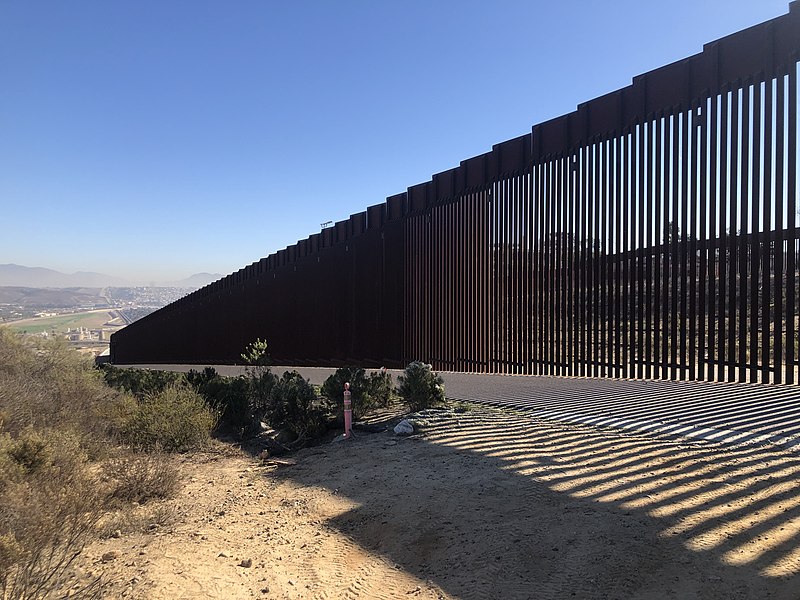
Nidia Montenegro, a 52-year-old Venezuelan migrant in Mexico, spends her days anxiously checking her phone, hoping for a long-awaited asylum appointment with U.S. border officials.
Her fear is palpable: the clock is ticking, and with the looming inauguration of President-elect Donald Trump on Jan. 20, many migrants worry that policies allowing legal entry into the U.S. could vanish.
Trump’s campaign promises to dismantle programs like the app Montenegro is using to secure her appointment have left thousands of migrants in uncertainty. Facing the possibility of being stuck in Mexico indefinitely, migrants like Montenegro must weigh three difficult options: attempting to cross into the U.S. illegally, staying in Mexico despite the dangers, or returning to their home countries.
For Montenegro, the risks of staying in Mexico outweigh the challenges she fled in Venezuela. "I am traumatized," she said, reflecting on the violence she encountered in Mexico. If her appointment doesn’t materialize, she says, "I will go back." Her decision is driven by the pervasive threat of organized crime. Cartels routinely kidnap migrants, and Montenegro herself was abducted with two nephews shortly after entering Mexico from Guatemala. Though they escaped after two days, the ordeal left her shaken.
Now confined to a shelter in Chiapas, Montenegro fears venturing out, worried she might fall victim to the cartels again. Organized crime and human trafficking networks make the journey through Mexico perilous, with migrants frequently subjected to extortion, violence, and exploitation. Mexico’s staggering murder rate — around 30,000 annually — and over 100,000 officially registered as missing highlight the broader climate of danger.
Migrants Caught in Limbo
A dozen migrants interviewed in Mexico echoed Montenegro's concerns, with many expressing a preference to return home despite the economic and political turmoil they fled. While this small sample isn’t definitive, it underscores the difficult decisions facing many migrants as Trump’s inauguration approaches.
Some migrants, like Venezuelan Yuleidi Moreno, feel the despair deeply. "I cry every day and ask God to take me back," she said through tears. Having been a victim of violence in Mexico, Moreno is desperate to leave but hesitant to share further details.
Between 50 and 100 Venezuelans request voluntary return from Mexico each week, according to a Venezuelan migration official. Many are victims of kidnapping, sexual exploitation, or other forms of violence, prompting immediate requests to return. The International Organization for Migration has assisted thousands of Central American migrants in returning home from Mexico over the past seven years, though exact figures remain undisclosed.
The Uncertain Road Ahead
For some, however, returning home is not an option. Desperate to reach the U.S., many migrants rely on caravans, human traffickers, or a glimmer of hope that their U.S. border appointment will come through. Johana, a young Venezuelan migrant, plans to cross from Guatemala to Mexico this week, undeterred by Trump’s policies. "I trust I will arrive before Mr. Trump takes office," she said, adding, "If it's not by appointment, there's always a way."
As Jan. 20 nears, the choices for migrants remain fraught with uncertainty. Whether facing the risks of Mexico, the hardships of home, or the obstacles of U.S. policies, they find themselves at a crossroads with no easy answers. Photo by Amyyfory, Wikimedia commons.






































